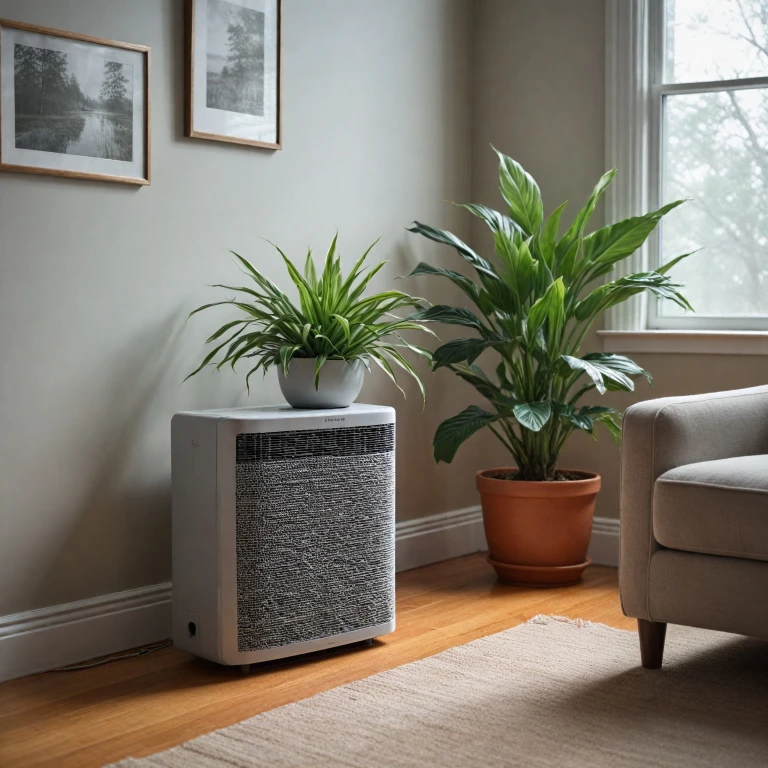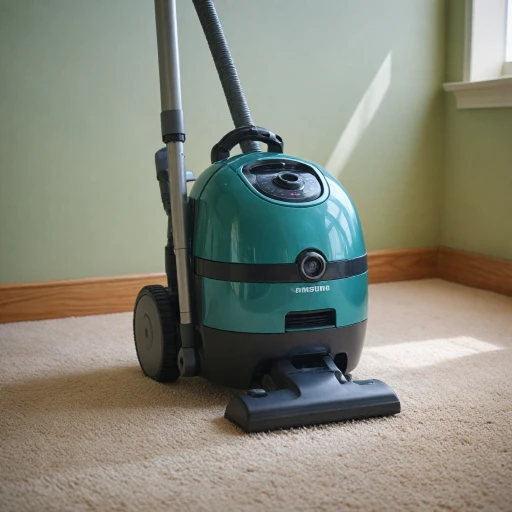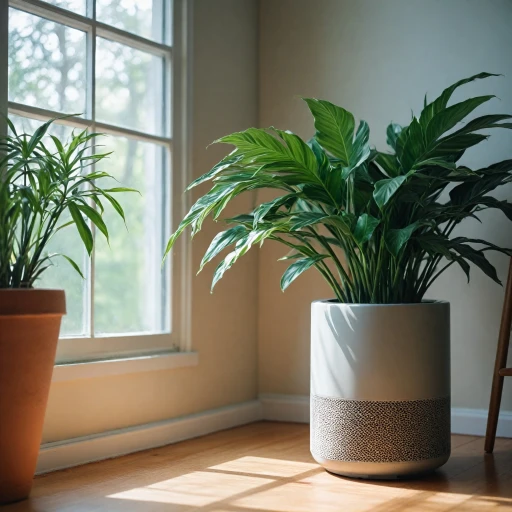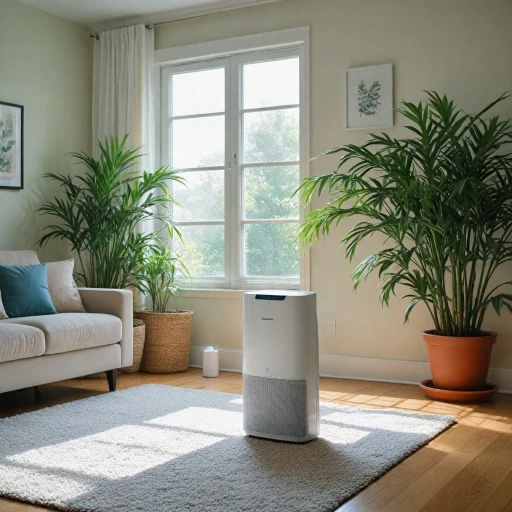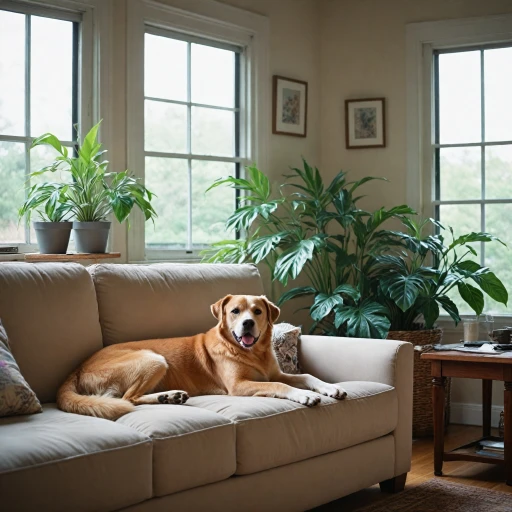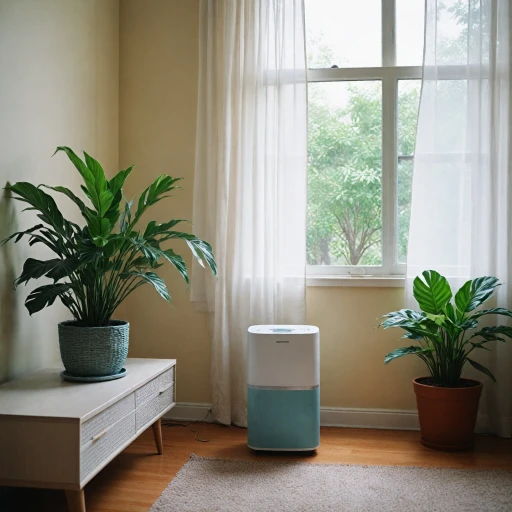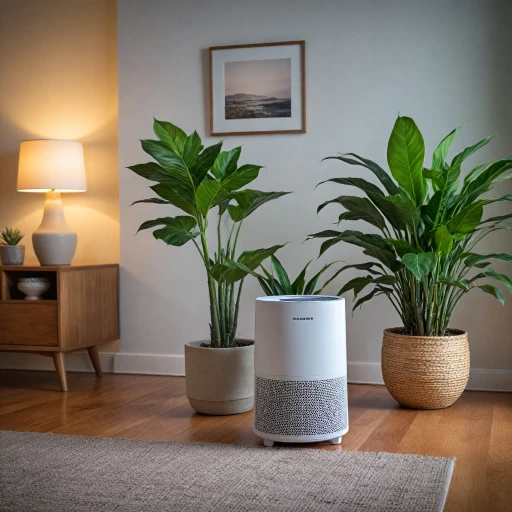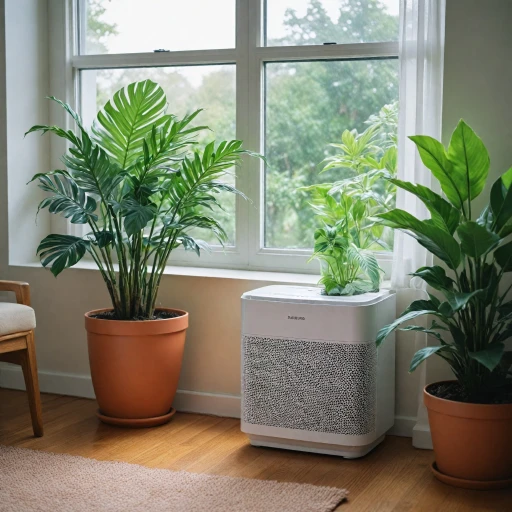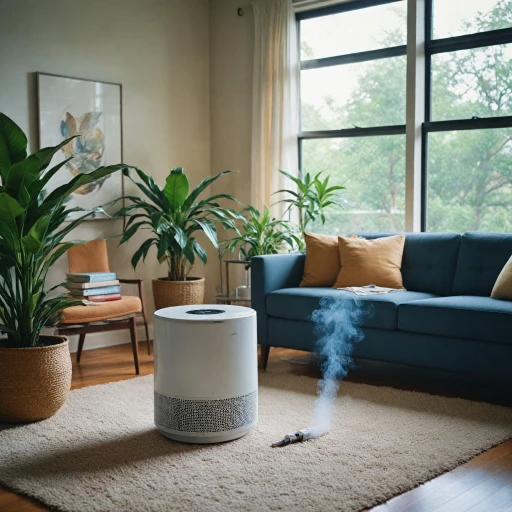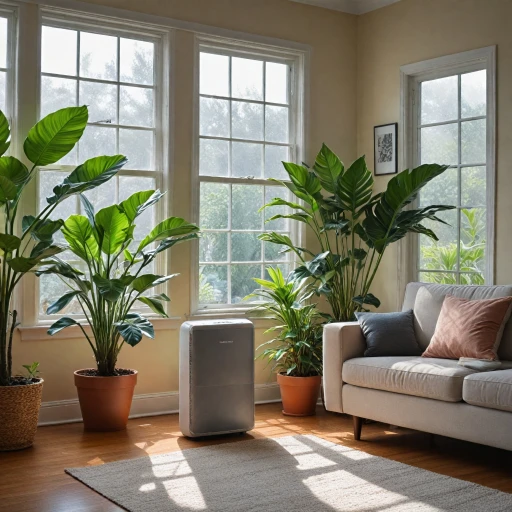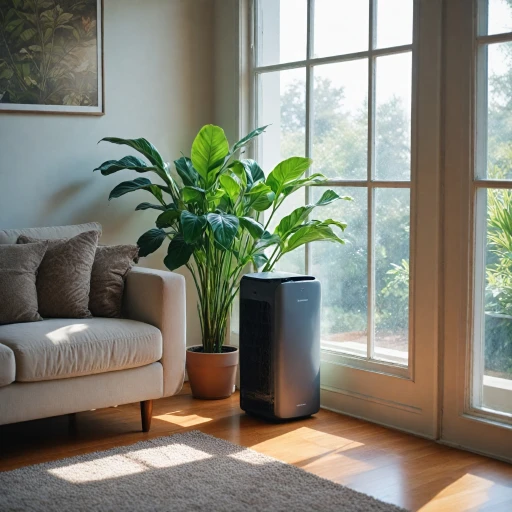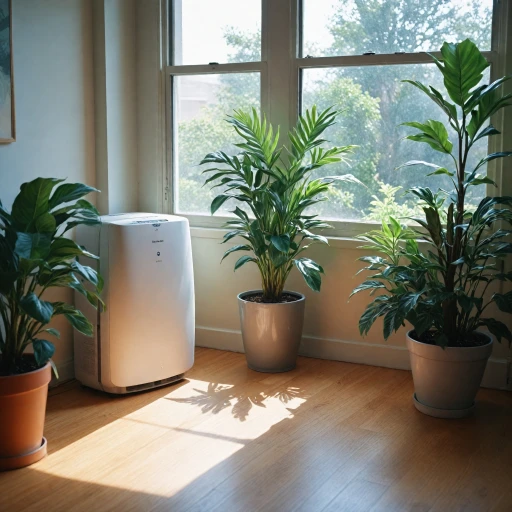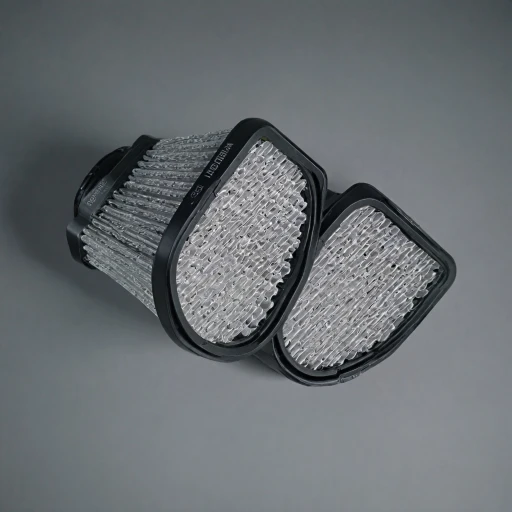
Understanding the Impact of Smoke on Indoor Air Quality
The Invisible Threat: How Smoke Affects Indoor Environments
Wildfire smoke or cigarette fumes can significantly degrade the air quality inside your home. These smoke particles are surprisingly tiny, often less than 2.5 micrometers in diameter, making them difficult to filter out and hazardous to inhalation. Besides irritating the respiratory system, these particles can exacerbate conditions like asthma and lead to long-term health issues. Many air purifiers, especially those equipped with True HEPA and activated carbon filters, are engineered to capture even the smallest of smoke particles, ensuring a substantial improvement in air quality. True HEPA filters are specifically designed to trap particles as tiny as 0.3 micrometers, which makes them a strong candidate in smoke-heavy environments. Activated carbon filters are another key feature, as they excel at adsorbing smoke-related odors, providing a cleaner atmosphere. Contrary to standard models, products equipped with a pre-filter and carbon filter offer a multi-layered approach to dealing with smoke by effectively trapping larger particles and neutralizing odors before they reach the primary HEPA filter. When considering options, the regular price and specific features such as "free shipping" might be budget-friendly elements to look into. The importance of regular maintenance also can't be overstated for sustaining high air quality. Filters need to be replaced regularly to function effectively, and cleaning your air purifier according to the manufacturer's instructions is essential. For those looking into purchasing, "choosing the right air purifier to combat mold" can offer insights into models specifically effective against various pollutants. Additionally, staying informed about pricing, from price sale events to commercial air purifier options, can help in selecting the best air filter tailored to your needs.Key Features to Look for in an Air Filter for Smoke
Essential Features for Effective Smoke Filtration
When selecting an air filter to combat smoke, understanding the key features that enhance its effectiveness is crucial. Smoke particles are tiny and can easily infiltrate indoor spaces, affecting air quality. Here are some essential features to consider:
- HEPA Filters: High-Efficiency Particulate Air (HEPA) filters are a standard in air purifiers. They are designed to capture at least 99.97% of particles as small as 0.3 microns, making them highly effective against smoke particles.
- Activated Carbon Filters: These filters are excellent for absorbing smoke odors and volatile organic compounds (VOCs). A combination of HEPA and activated carbon filters can significantly improve air quality in smoke-affected areas.
- True HEPA: Ensure the air purifier features a true HEPA filter, not just HEPA-type or HEPA-like, as these may not meet the same efficiency standards.
- Pre-Filters: A pre-filter can capture larger particles, extending the life of the HEPA filter and maintaining the purifier's efficiency.
- Room Size Compatibility: Choose a purifier that matches the size of the room you intend to use it in. A purifier too small for the space will not effectively clean the air.
- Smoke Eater Technology: Some air purifiers are specifically designed as smoke eaters, focusing on removing smoke particles and odors efficiently.
- Air Quality Sensors: Advanced purifiers come with sensors that monitor air quality and adjust the fan speed accordingly, ensuring optimal performance.
Considering these features will help you find the best air purifier for your needs. For those dealing with specific allergies, such as cat allergies, you might find additional insights in this guide on choosing the right air purifier for cat allergy relief.
Different Types of Air Filters and Their Effectiveness
Know Your Filter Options for Smoke Combat
When it comes to fighting smoke particles and enhancing air quality, different air filters serve varying purposes. Understanding these options can help you identify the best fit for your needs. Here's a closer look at common filters used in air purifiers designed to tackle smoke and related pollutants.
- HEPA Filters: These are widely regarded as the best air filters for capturing smoke particles. A true HEPA filter can remove up to 99.97% of particles as small as 0.3 microns, making it an ideal choice for combating unwelcome smoke in your room.
- Activated Carbon Filters: Focused on eliminating odors and chemical toxins, activated carbon filters are perfect for homes affected by wildfire smoke. They work by absorbing gases and are often coupled with other filter types for comprehensive air cleaning.
- Pre-Filters: These typically capture larger particles, extending the lifespan of the main filters like HEPA. Considered more of an accessory, a pre filter is an excellent addition to ensure your primary filter does not get clogged with big particles.
Each air cleaner product will have its own combination of these elements, and the choice largely depends on your particular needs. Whether you're dealing with lingering smoke from a local firework celebration or persistent aroma from ongoing wildfire smoke, being informed about these air filter features can be beneficial. Before making a purchase, it's also wise to compare price, quality, and what adds value, such as free shipping at your regular go-to retailers like Amazon.
If you're on the lookout for a guide specifically aimed at air filter options regarding pet odors, you might want to check out our dedicated blog post on choosing the right air purifier tailored to those challenges.
How to Properly Maintain Your Air Filter for Optimal Performance
Ensuring Efficient Functionality of Your Air Filter
Proper maintenance is essential to keep your air purifier operating at peak performance, particularly when dealing with smoke particles that can compromise indoor air quality. Here’s how you can ensure your filter continues to provide excellent air cleaning benefits.
- Regular Replacement: Depending on the type, air filters need regular replacement. HEPA filters typically have a lifespan of about 12 months, while activated carbon filters usually last 3 to 6 months under continuous use. Check your product manual for specific timelines.
- Cleaning Pre-filters: Many air purifiers come with a pre-filter designed to capture larger particles. Regular cleaning, often every 30 days, can prolong the life of your main filter and improve air purifier performance.
- Monitoring Filter Indicators: Some high-quality purifiers have filter change indicators. Rely on these for efficient maintenance rather than guesswork.
- Positioning Matters: Place your air purifier in an area with good airflow for maximum effectiveness. Avoid obstructing vents to ensure the cleaner air is evenly distributed throughout the room.
Keep in mind that investing in regular maintenance can extend the life of your air filters and ensure optimal performance, saving you money in the long run. Maintaining your air filter according to manufacturer's recommendations is essential, especially with varying filter types and qualities available on Amazon and other platforms at different price points.
Cost Considerations and Budget-Friendly Options
Budget-Friendly Choices for Air Quality Improvement
Purchasing an air purifier to combat smoke doesn't have to break the bank. There are various options available that offer good quality at a reasonable price, ensuring you maintain a healthy air quality in your room or home. Here are some factors and options to consider when looking for budget-friendly air filters:- Price Ranges: Air purifiers vary in price, from affordable units for small rooms to more expensive, commercial air solutions. It's important to balance your budget with the need for features like HEPA filters, known for their high efficiency in capturing smoke particles.
- Best Cost-Effective Products: When shopping, consider true HEPA and activated carbon filters, which are standard in smoke-eating models. These components not only improve air quality but often come at a competitive regular price or even during price sales, especially on platforms like Amazon.
- Free Shipping Offers: Some retailers provide free shipping, which can reduce overall costs when purchasing a new air cleaner.
- Energy Efficiency: Select products that are energy-efficient. This can lower long-term electricity bills, making them a cost-effective option over time despite initially higher purchase prices.
- Pre-Filters: Consider units with pre-filters that catch larger particles before they reach the main filters, extending the lifespan of HEPA and carbon filters and saving replacement costs.
Real-Life Experiences: Testimonials and Case Studies
Stepping into the Real World: Filtering Experiences
Understanding how an air purifier performs in real-life situations is crucial when making an informed decision. Users who have dealt with wildfire smoke or other indoor air quality challenges provide a wealth of insights that go beyond product specifications. Let's explore some testimonials and case studies that illuminate the actual performance of various air purifiers and filters.- Wildfire Smoke Mitigation: During recent wildfire incidents, many homeowners turned to HEPA and carbon filter combinations to combat the pervasive smoke. One user noted that their high-efficiency particulate air (HEPA) purifier significantly reduced visible smoke and improved air quality within hours, making their room more breathable and comfortable.
"The air purifier with carbon and HEPA filters was a game-changer. It filtered smoke particles effectively, and within a day, the air had noticeably improved," they shared on a popular ecommerce site. - Activated Carbon for Odor Control: Activated carbon filters have been praised for their ability to eliminate odors from smoke and other pollutants. A customer reported that their air cleaner effectively neutralized smoke odors after a kitchen incident, verifying the effectiveness of this feature.
"The activated carbon filter was outstanding in removing persistent smoke odors, leaving the indoor air fresh and clean," they observed. - Value for Money: When it comes to price, many reviewers highlight the need to balance cost and quality. One budget-conscious buyer opted for a mid-range purifier that surpassed expectations in performance, yet didn't break the bank.
"I was impressed by how this reasonably priced unit handled smoke elements. A definite worthy investment," noted one satisfied customer. - Commercial Air Solutions: For larger spaces, commercial air cleaners have shown impressive results. Businesses situated in smoke-prone areas reported substantial air quality improvements and positive feedback from their clientele.
"Our air quality improved markedly, and our guests appreciated the clean environment," one commercial user remarked.

